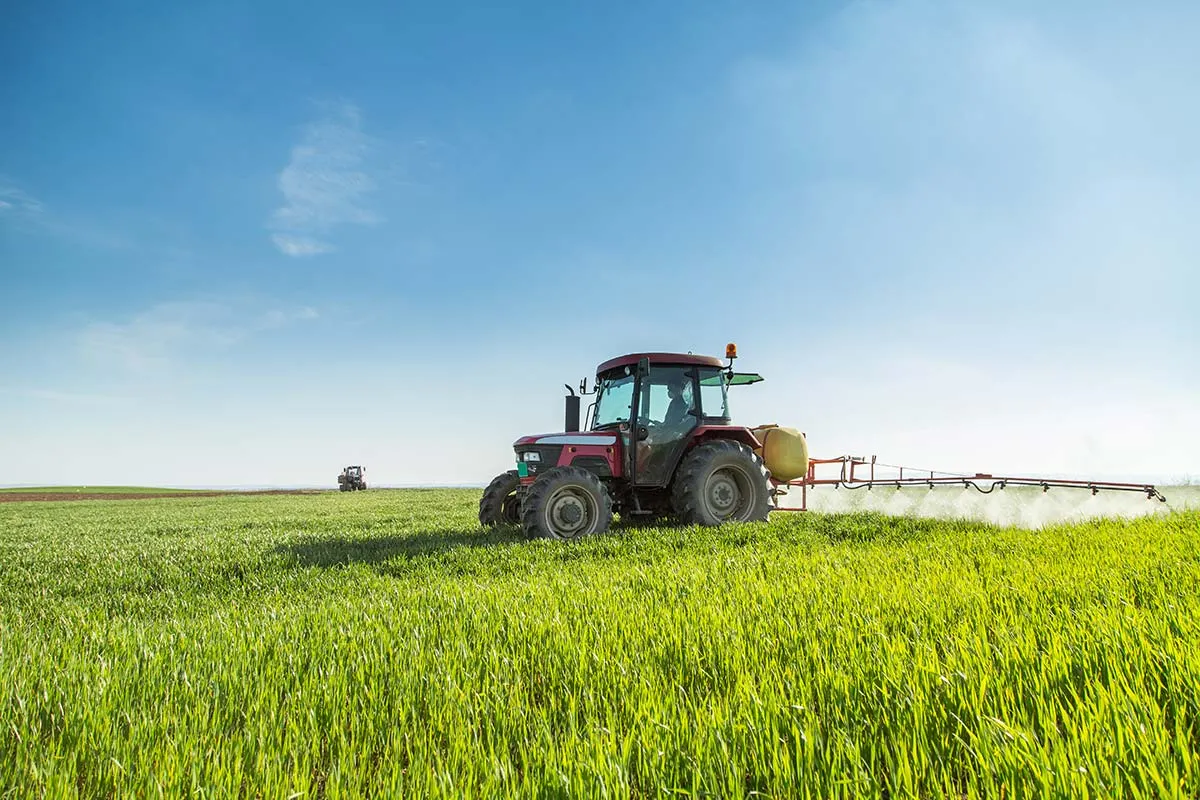This website uses cookies to provide you with the best possible user experience.
The information from cookies is stored in your browser and performs functions such as recognizing you when you return to our website or helping us understand which sections of the website you find most interesting and useful.
We never store personal information.
You can find all the information about privacy, legal rights, and cookies on our privacy page.









